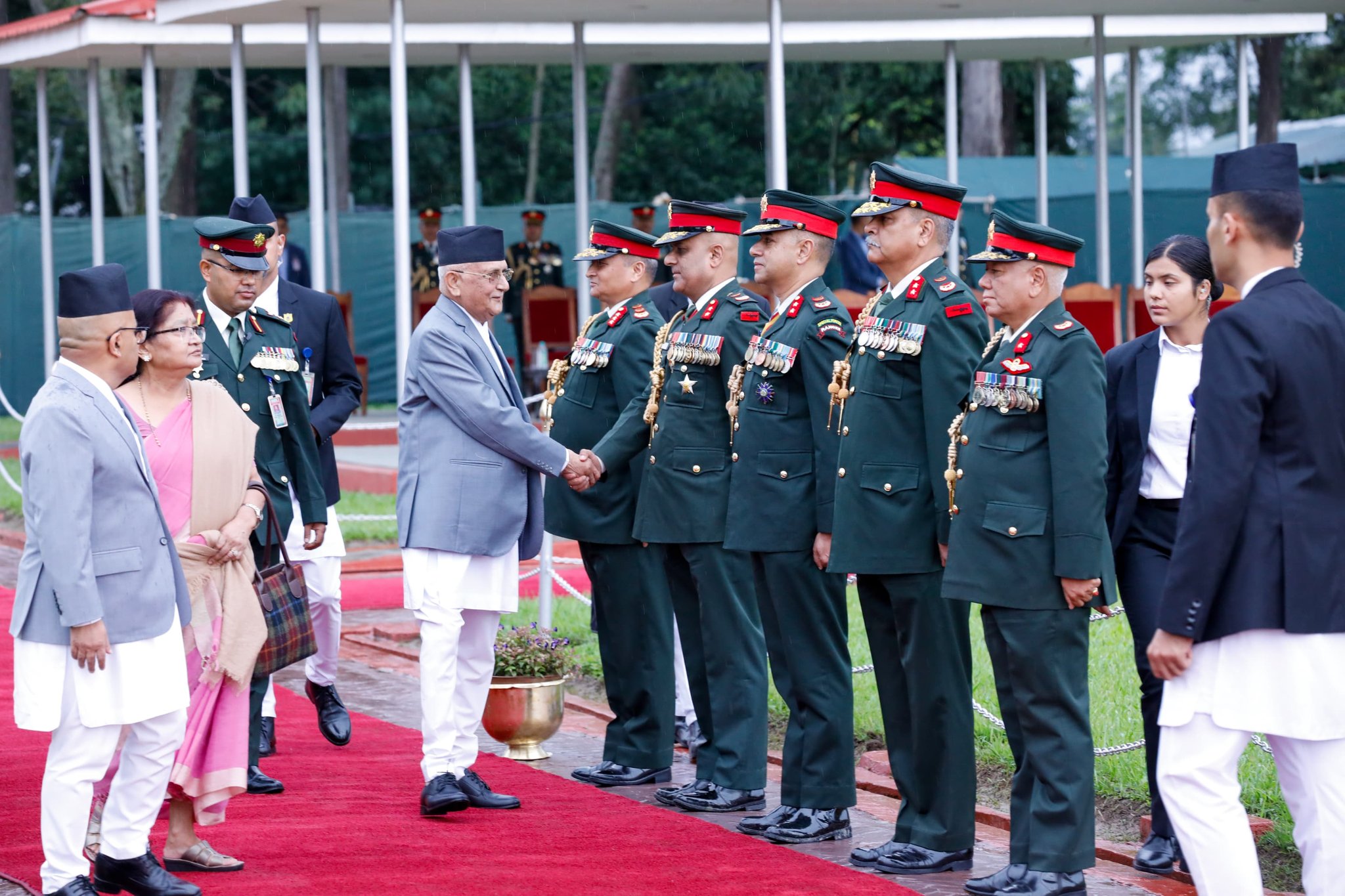KATHMANDU, Sept 24: The government born out of the Gen-Z movement is sending a clear signal—it will not spend recklessly. With state coffers under pressure and fresh demands for resources mounting, Prime Minister Sushila Karki’s interim administration has embarked on a path of austerity.
The challenge before it is daunting. On one hand lies the urgent need to rebuild public infrstructures damaged during the Gen Z movement. On the other, the government must prepare for the House of Representatives (HoR) elections slated for March 5, 2026. And looming over everything is the moral burden of being a government that rose to power on the back of anti-corruption protests.
At the heart of this austerity drive is Finance Minister Rameshore Khanal, a technocrat widely respected for his grasp of the economy. Wasting no time, Khanal has issued circulars to all government agencies, demanding prudence, restraint and accountability in every rupee spent.
Curtailing perks and privileges
Gone are the days of easy allowances. Meeting fees for routine work have been scrapped. Housing allowances will no longer be paid to officials living in their own or family-owned residences. Big consultancy bills—a major drain on the budget in past years—are also under the scanner. All ministries have been told to rely on in-house expertise for tasks such as drafting bills, guidelines and directives. Only in rare cases, certified by the accounting officer, can consultancy expenses be approved.
Govt not to allow perks, incentives in blanket fashion

Utilities too have come under scrutiny. Offices must now carefully monitor their use of electricity, water and communication services—switching off unnecessary lights, air conditioners and fans is no longer just good practice, but official directive. Similarly, government offices have been asked to avoid lavish rentals and to make do with old furniture and equipment wherever possible.
Reusing and reassigning resources
In line with the government’s frugality drive, federal, provincial and local employees are instructed to continue using existing vehicles, laptops, mobile phones and office furniture. For offices damaged in the Gen-Z movement, replacement furniture and equipment will not be purchased but transferred from nearby offices.
Recruitment too is being tightened. No new permanent positions will be created unless absolutely essential, particularly in technical areas. Instead, expertise may be temporarily hired on a consultancy basis. Ministries that recently expanded their structures and staff will be required to review and trim them to make operations leaner and more efficient.
Freeze on low-priority projects
The Ministry of Finance has also decided to reprioritize development projects. Ongoing projects with existing funding agreements will continue, but those considered low-priority or wasteful will see their allocations frozen. Lump-sum budgets without clear plans, as well as scattered small projects at provincial and local levels, will also be put on hold.
Meanwhile, hiring of temporary and contract employees beyond approved quotas has been barred. The government has also scrapped allowances for personal secretaries of political office holders—except for the very top positions such as the President, Vice President, Prime Minister, and Speakers. Similarly, the practice of appointing advisers at will has been stopped.
Vehicle perks too have been streamlined. Political and administrative officials entitled to vehicles will be allowed only one, as stipulated by law.
Key highlights of Finance Minister Khanal’s austerity measures
- All personal secretary positions have been abolished.
- Employees will no longer receive allowances for attending regular work-related meetings.
- The hiring of temporary and contract staff will not be permitted.
- Projects valued above Rs 1 million must be executed through competitive contracts.
- The Land Problem Resolution Commission has been dissolved.
- The National Investigation Department will now fall under the Ministry of Home Affairs.
- The Revenue Investigation Department and the Money Laundering Investigation Department will be placed under the Ministry of Finance.
- External consultants will not be engaged for drafting bills, regulations, or procedures.
- Unnecessary and costly electronics, along with distribution-oriented programs will be discontinued.
- Foreign trips funded by the government will be restricted to essential cases only.
- Delegations to international conferences led by the head of state or government will be capped at 10 members.
- Other government delegations will be limited to a maximum of 3 members.
- Trainings and seminars should, wherever possible, be conducted online or in government facilities.
- Government offices will be prohibited from renting expensive premises in commercial areas or along major roads.
- Officeholders and employees must continue to use existing vehicles, mobile phones, computers, furniture, and other equipment.
- Insurance coverage for government physical infrastructure will be introduced.




































